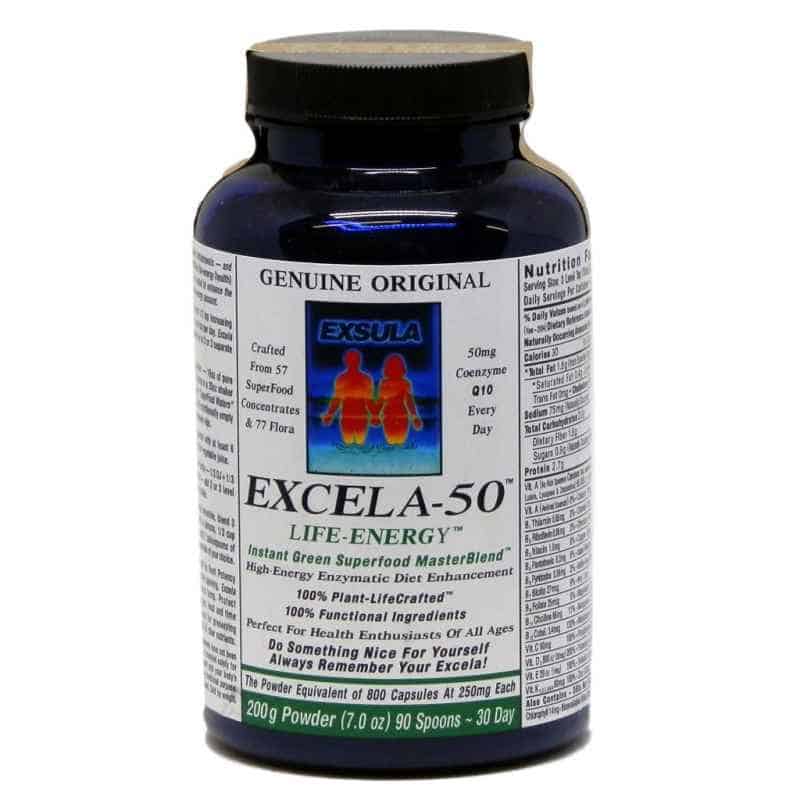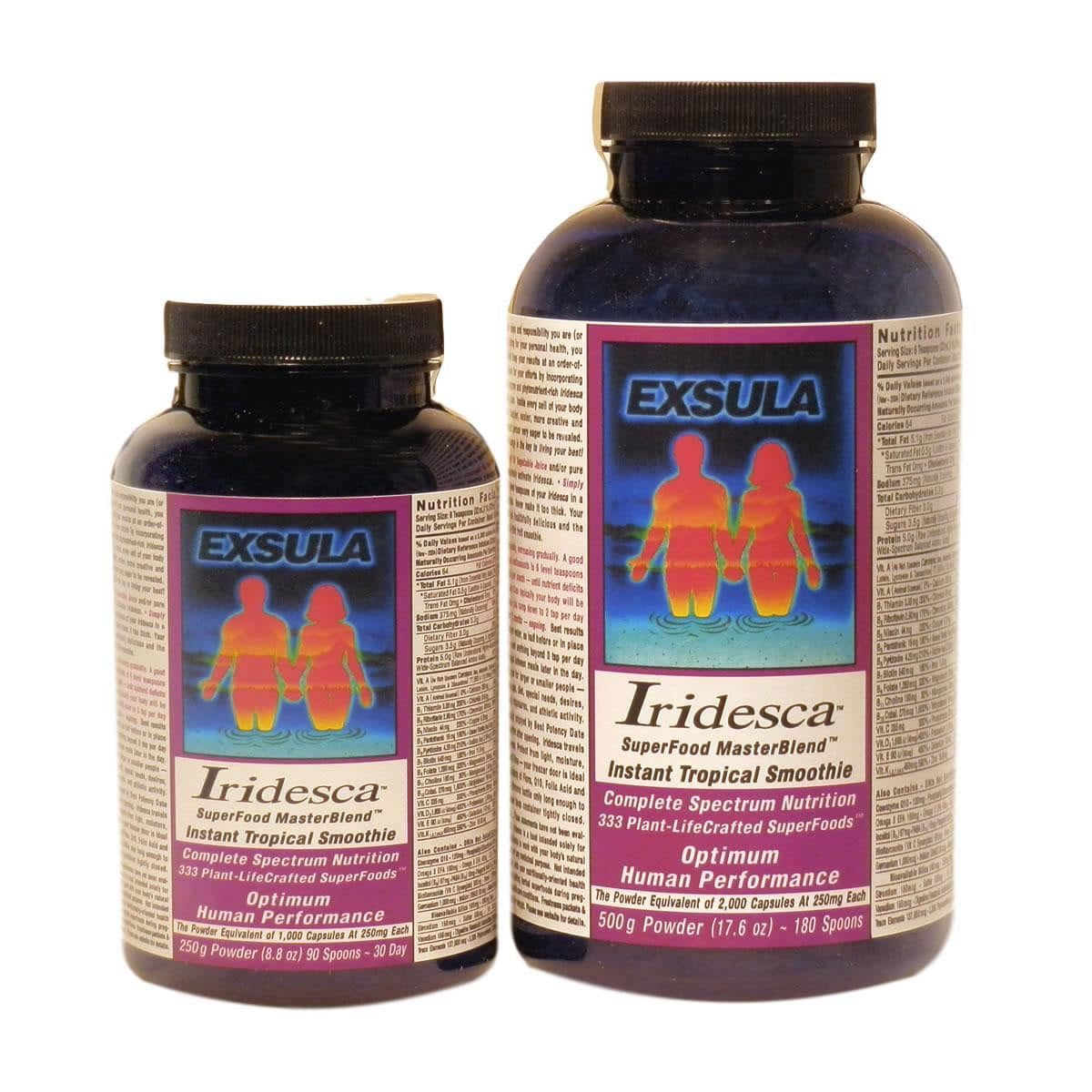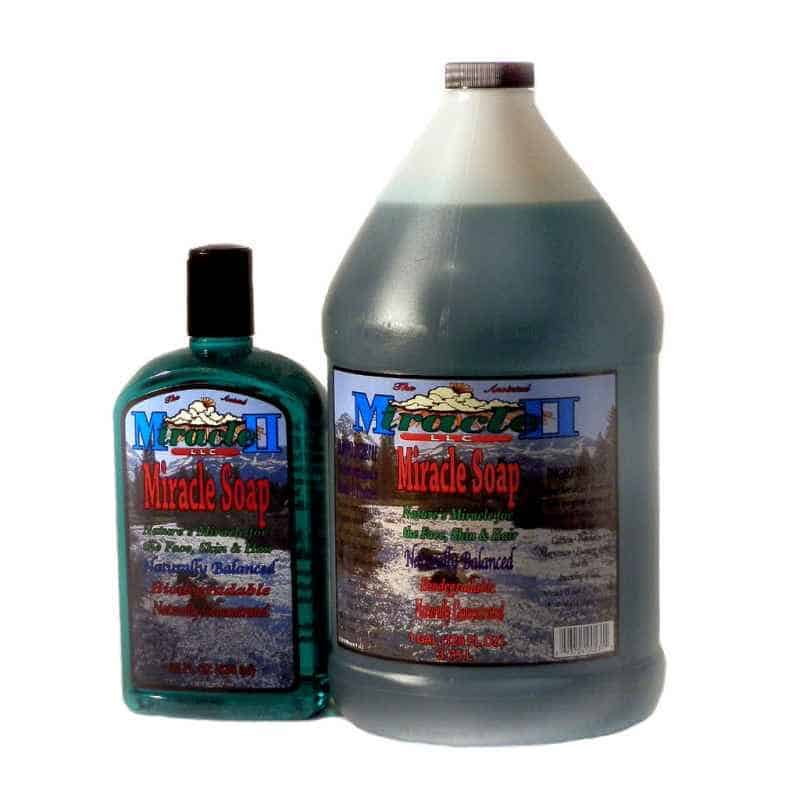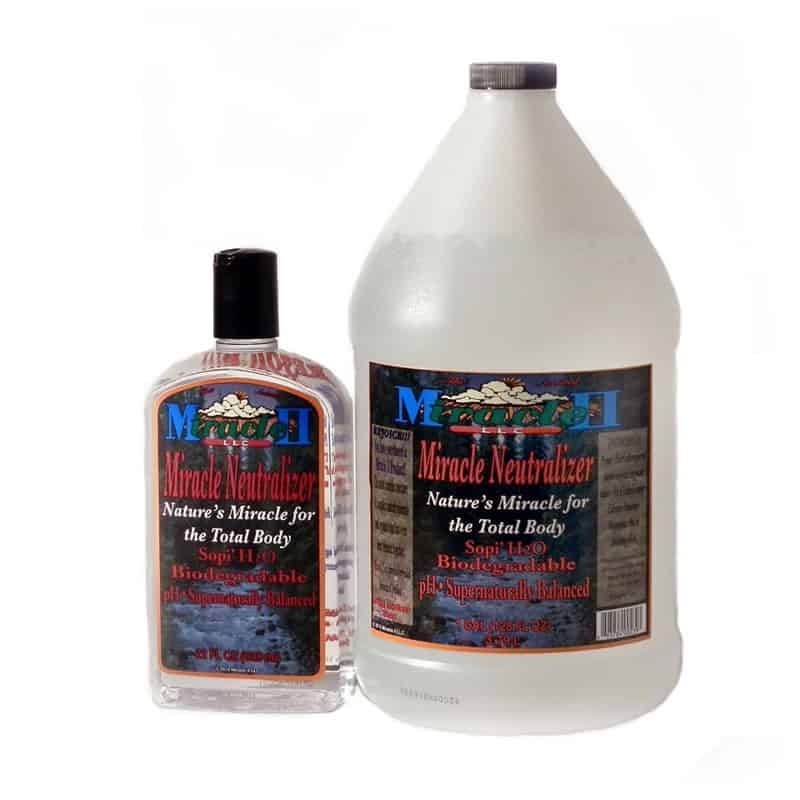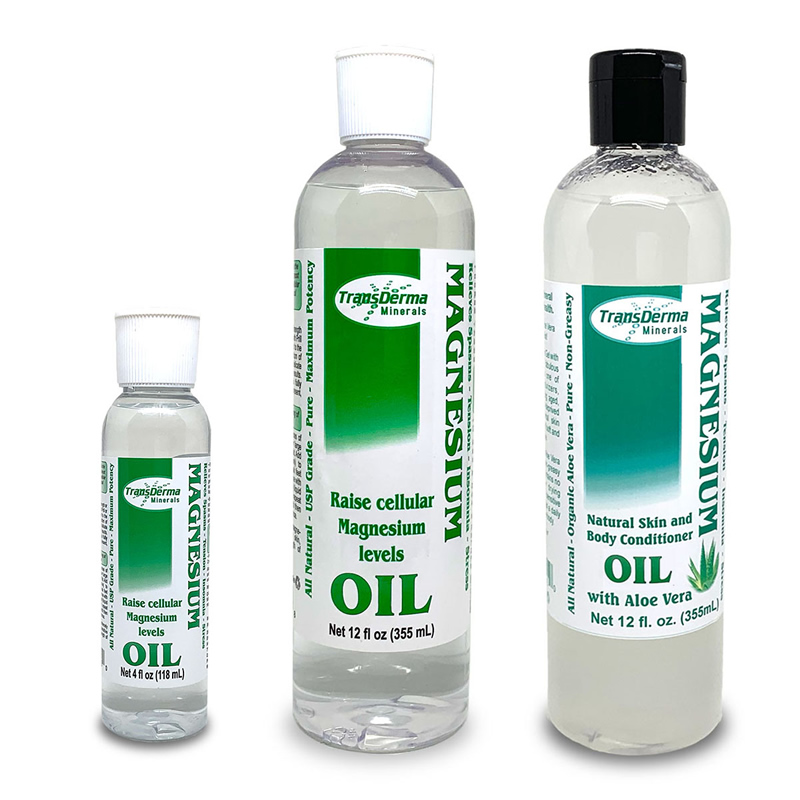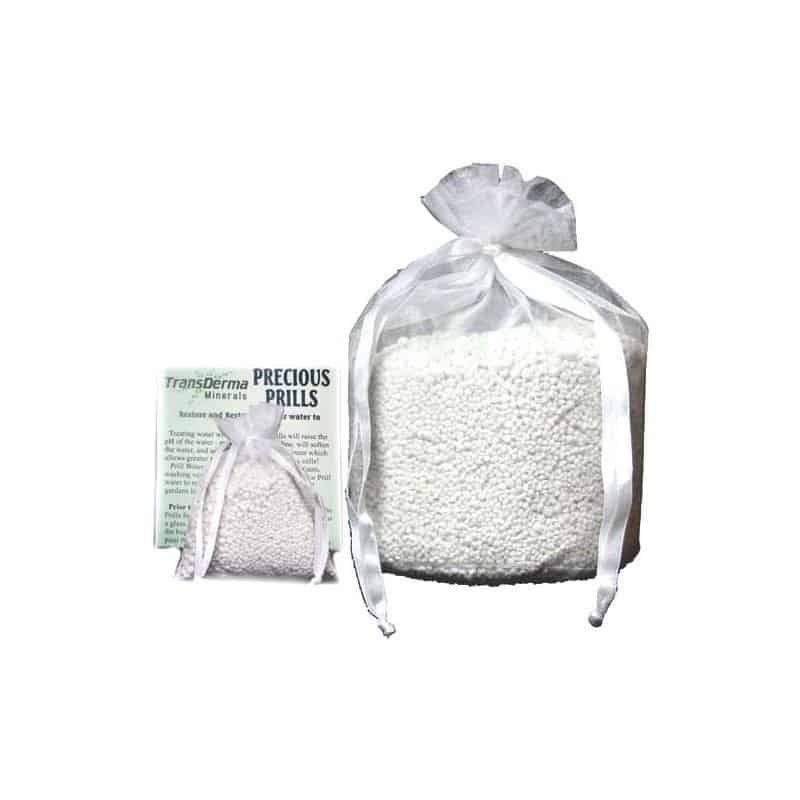No products in the cart.
Podcast: Play in new window | Download
Subscribe: Apple Podcasts | Google Podcasts | Amazon Music | Email | RSS
Podcast 000: Restoring Vitality to You and to the Planet
Life Enthusiast is built on over 25 years in study, health consultations and market research in the field of holistic and alternative medicine. We deliver solid time tested expertise. We’re in this business for the passion we have for sharing what we had to learn the hard way, through experience.
This is the first of our weekly podcasts with Martin Pytela and Scott Paton, discussing holistic principles for healthy living, with a focus on high quality, innovative and natural solutions.
Podcast 000: Restoring Vitality to You and to the Planet
Scott: This is our first Podcast and I’m really excited to be doing it with you because I know that health is a huge, huge issue in many people’s lives and certainly if we can do anything to help people live a happier, healthier life then that’s pretty important.
Martin: I agree, we’ve been doing this now for 17 years.
Scott: So tell me a little bit about how you got started.
Martin: The Life Enthusiast Co-op I manage is it’s second incarnation. It was originally started on July 4th, 1989. Jevari Oberon (he was known as Larry Meier then) launched the first Life Enthusiast Co-op as a network company to distribute his invention – the super foods. He even invented not only the word “super food” but even the concept. Super food is a blend of natural ingredients that helps people achieve healthy functioning of their body. It is a type of nutritional supplement, but very different from the denatured vitamins you buy in a “one-a-day” tablet.
Scott: So he started off with that line of products?
Martin: Yes, the first super food was called Excela. The sales, and the company with it, grew very fast and by 1993 they were selling $500,000 of that product every month. In total, Life Enthusiast Co-op sold about $25 million of Excela and Exsula Super foods. The original name, Excela-50 came about because there were 50 milligrams of Coenzyme Q 10 in the daily dose. Back in 1990 this was a the cutting edge of nutritional research, these days everybody knows that Coenzyme Q 10 is critically important to the functioning of the human heart and every other hard working muscle.
Jevari was in charge of this fast growing company until 1994 when FDA and paid him a visit and even though they never found a thing wrong with the company or the process, the uncertainty was enough for a lot of the movers and shakers of the networking industry to move elsewhere. The company foundered for several years after that.
Scott: So how did you get involved with it?
Martin: I was a customer of Exsula and in 2001 when Darren Beddard and I were starting an online distribution business we talked to Jevari and agreed that we would revive the name Life Enthusiast Co-op. We started with products from Twilight America, Miracle Soap from Tedco and Exsula using our motto “Restoring vitality to you and to the planet”.
Scott: Tell me some of the principles you have based Life Enthusiast Co-op upon.
Martin: I’ve been in the Health and wellness business for many years for personal reasons. In 1977 I walked into a dentist’s office who probably from ignorance installed 12 mercury amalgam fillings in my mouth. Within months I became progressively very sick. I did not know then that the cause was mercury poisoning. I was getting worse and worse and I thought I was going to end up being a cripple in a wheelchair. The mainstream medicine had nothing for me, other than pain killers, surgery, and “you will have to learn to live with this”. Fortunately I discovered homeopathy, chiropractic and naturopathic medicine and I started learning how the human body works. There are two ways of looking at illness. One sees it as an invasion from outside that needs to be fought like a war in a series of battles. The other sees illness as an expression of problems in the cellular terrain. These concepts are not new, they have been in literature since the 1880s. Thomas Edison, Henry Ford, people like that have been living the Natural Hygiene in he early 20th century. The ideas are really very simple – cleanse, nourish, exercise and balance. It’s a straight forward thing. Remove toxins from your body, ingest only healthful foods, make sure you have the right nutrients in a balanced life style, exercise, and keep you emotional and spiritual needs met.
Scott: Right and it’s so easy for us to put the wrong things into our body.
Martin: The environmental movement is showing us that we can not continue to pollute our own environment. The saying “do not crap in your own nest” is highly applicable. The foods we grow are becoming more and more toxic. We can’t continue to ingest more toxic elements then our body can eliminate without paying the price. Eventually we will reach the point where we are too poisoned for the body to carry on and it starts breaking down.
Scott: So what are some of the ways that you suggest people cleanse their bodies?
Martin: Well the first step is to stop polluting. Obviously the main ones would be smoking, alcohol, drugs of any sort, prescription or over the counter, recreational. None of them contribute to your well-being. Other favorites like MSG, aspartame, coloring, artificial flavors and texture enhancer contribute heavily. If you can stop that it’s going to make a huge difference in your life.
Scott: Everybody knows that smoking, alcohol and drugs are bad for you, but stuff like MSG and aspartame, where would you find those types of ingredients?
Martin: MSG is used as a food taste enhancer, Chinese restaurants are known to use it a lot although lately some are advertising that there is no MSG in their food. Many famous brand food manufacturers use MSG because it helps enhance food flavors and they don’t even have to list it as an ingredient. It can be hidden in ingredients like spices or hydrolyzed vegetable protein instead of being listed as MSG itself.
Scott: So it’s pretty important to start looking at the ingredients on the foods that we are buying?
Martin: Unfortunately yes. When I was learning about healthy living I discovered that the only two lanes at the grocery store I could shop in were the outside perimeter of the store: the produce section on one side and the meat or eggs section on the other side. Items found in the middle of the store, crackers, preserves and canned goods, all the convenient items are not supporting our health at all.
Scott: And really when you want to be in a fresh environment you want to have fresh food, nothing that is processed.
Martin: Yes, you know 100 years ago when farmers harvested their food it went directly from the garden to the kitchen. These days it’s picked under ripe and stored in refrigeration for a week to get to the store and another week for you to purchase it and bring it home and put it in your fridge and wait another week to eat it. So the enzymes keep diminishing the more you store it in your fridge. The nutrient value of the food we eat is a lot lower then it could have been.
And the second issue is that the food is grown in field that has been under intense agricultural and industrial style production for 100 years now. The mineral content of the food today is much lower. You have the issue of fertilizers pushing the vegetable to grow quick, but they don’t have time to draw through the roots the nutrients that they would have normally drawn if grown at the regular pace. So the food value that you buy in your typical grocery store is much lower today then it was 100 years ago.
Scott: What are some of the ways people could cleanse their bodies?
Martin: First point, don’t ingest toxins. Second point, remember that you ingest everything you put on your skin, too. To get rid of toxins, you need to sweat through exercise or take steam baths if you don’t sweat naturally. You can take detoxifying baths, and we sell products that can help with that.
Scott: I’ve never heard of a detoxifying bath, can you briefly describe that?
Martin: Osmotic pressure is dependent on the chemical balance on two sides of a membrane. In this situation on the inside and the outside of a cell. For instance if you have an alkaline environment on one side of the membrane and an acid environment on the other side of the membrane they will want to balance. So if the body’s balance is acidic, we can set up an alkalizing bath by adding alkalizing minerals to the bath water that has been treated with a soap to make the skin more permeable.
Scott: So it could be pleasant.
Martin: Definitely, very relaxing and very restoring.
Scott: ‘Cause when I hear about cleansing I hear nightmares about detoxing and fevers, but this sounds like being in your own spa.
Martin: 30 minutes in your detoxifying bath with candles or some other mood enhancement is as good as if you fasted for 3 days.
Scott: Wow, well I’m making notes and we are definitely going to get into this with more detail. Taking 30 minutes out of your day and being able to sit in a warm detoxifying bath with candles sounds like a beautiful picture to me compared to not eating for 3 days.
Martin: Life does not have to be hard and healthy doesn’t have to be hard either.
Scott: Well, I’m sure there are a lot of people listening that are happy to hear that and it’s going to be a theme running through all our podcasts for sure. The two other principles that you had talked about earlier were exercise and balance, can you flesh those out a bit for our listeners?
Martin: Sure, well your body was actually designed to work unload, we are suppose to be working against gravity, at least walking, but we should also be carrying things and climbing hills and running a bit. It doesn’t have to be hard and we don’t have to strain with weights, but we are suppose to be able to put out 30 minutes of serious exercise a day and if we sweat even better because a lot of toxins to leave through the skin out with the sweat.
Of course stretching it good we have to keep our bodies pliable, whether its morning or evening stretching is a good thing. Also the balance is rest, if you are running a full life you have to shut down and rest so the relaxing detoxifying bath is part of it as is a good nights sleep and even meditative practice.
Scott: That’s interesting, I have some friends and we got together and we were staying in Baltimore for a few days going to a conference and I have a meditation that I really like so I brought it and we went through this meditation. Well these guys were very type a personalities, like go, go, go and they understand the importance of slowing down and meditating, but I don’t think they do it very often. Anyways they both said they had the best night’s sleep they’ve had in memory after doing this meditation with me. So I think that we forget to stop and do a little meditation, get the right amount of sleep and let your mind stop.
Martin: Well, you have to clear it. I mean if you want to do gardening you have to take the weeds out, plant the seeds and watch them grow. It’s the same thing for your mind, you need to sweep it clean so that the good thoughts that you want more of have room to expand.
Scott: The garden of the mind.
Martin: Right, the mind gardener. Another aspect of that is to try and deal with the electromagnetic pollution that we are dealing with these days. We really need to find a way to eliminate or harmonize all the electromagnetic radio frequencies that fill our environment lately.
Scott: That’s another topic I want to go into with more detail, because you were talking about how 100 years ago the farmers would pull the fruit out when it was ripe and take it right to the kitchen and 100 years ago there were no radio waves or television or wireless phones or Bluetooth and we don’t really understand that we are living in an ocean of these waves a lot of which didn’t exist a short time ago.
Martin: Yeah and there’s a complicating factor in which the Earth’s magnetic field is becoming weaker and for some reason every 100,000 years or so it just becomes weaker and we become less grounded and we don’t do to well with it. So we can talk more about it later.
Scott: That’s going to be a fascinating topic. You mentioned Enzymes earlier and what we are doing today everybody is giving you a feel for the kind of topics we could be touching on future podcasts since this is our first one so we aren’t going to take a lot of time to get into any of these areas because we will get into them in more detail in future podcasts, but Enzymes are fascinating to me as well Martin, but I don’t know much about them and what they do in the body and how you get them so I’m kind of hoping you can enlighten me and everyone else for a couple minutes on that.
Martin: Well, Enzymes are made up of amino acids; they are similar to proteins but less complex. They actually come with their own proteins and Enzymes are in every living thing. They are in plants, fruits and meats as well.
Scott: Do they come in potato chips?
Martin: Nope, they only come in living things. When you kill something you kill it by killing its Enzymes. If you have a carrot and you leave it alone in an environment it will start decomposing itself. It’s the Enzymes inside that are killing it. Everything in nature is designed to decay after a while. So to preserve something you have to kill off the Enzymes, but when you kill the Enzymes you make it indigestible, so here is the dilemma. If you have a peach you either have to eat it before it starts to kill itself or you have to slow the Enzymes down by refrigerating the peach because the Enzymes don’t work when it is to cold for them to function.
Scott: And we need Enzymes if we want optimum health, right?
Martin: Absolutely, if a food is decoyed of you can’t digest it. You would either have to supplement the enzymes externally or have you pancreas or liver supply the enzymes to break down the food. Enzymes are the tool that snips the individual proteins into amino acids. If you eat a chicken you can’t turn it into human flesh any other way than to take it apart into individual bits and pieces, these are called amino acids and then you resemble it back into your own image. Preservation kills and Enzymes and for sure cooking will kill them off. So when food doesn’t give you the Enzymes your body has to work very hard to supply the Enzymes you need to digest the food you ingest so supplementing with enzymes is one way of dealing with the problems you bring to yourself by cooking your food.
Scott: So that sort of brings us back to the area of how Life Enthusiast Co-Op started with their enzyme product.
Martin: Yes, well Exsula 50 is a super food that is formulated from products that have been prepared in such way that the enzymes that are in it are still good. Most manufactures don’t take the care we do in treating the food. So you start with a high quality ingredient and if you want you body to digest it you have to mill it down to a very small particle because the smaller the particle the bigger it’s surface area and your bodies’ digestive system has a better opportunity to get at the nutrients, but if you mill it in a milling machine you end up overheating it which kills the enzymes anyway.
Scott: So it’s really important to have a fine material.
Martin: Yes, to compare super foods you have to check the grit. The finer the powder the better chance you have to extract the ingredients that are in it.
Scott: That’s a really good tip because that isn’t something I’ve thought about, but it totally makes sense because your body has to break it down it will be harder the bigger the chunks are.
Martin: Right, this is the sort of thing where you get to compare, and if you just read its label it won’t tell you. You will have a statement like Alfalfa on the label, well was it grown organically, was it grown on a mineral enrich field, was it harvested on the field, do you have the whole leaves or was it taken apart by juicing it, was it dried on the field, was it properly preserved, what particle size do you have now, was it milled with temperature controls and so on. So just by looking at the word on the label you can’t tell anything about the nutrients.
Scott: So I’m kind of curious about how you found the people that made this product. It doesn’t sound to me like you can go to any mill and get it done.
Martin: You have to go to all kinds of people, get their samples and check them out. You check them with your own body if your sensitive enough and we are lucky that Javari is very talented and gifted. He uses direct feedback methods like muscle testing to see if something is or isn’t working and also you can tell when you ingest it, you can tell whether your body likes it or not. So he has been to many suppliers, and sometimes a new ownership comes in and they start cutting corners and products that use to be 100 out of 100 drops to 80 or sometimes even 50 out of 100 and now you have to go hunting for a new supplier.
Scott: Right, or talk to them about improving it.
Martin: Well, that usually doesn’t work. What really happens is the falsify of the people that manufacture these products carries all the way through. Are you familiar with Kevin Trudeau?
Scott: Yes.
Martin: He is really big. I have issues with his style, but I can’t argue with his substance. What he says is as a publicly traded company takes over a manufacture process the only objective they have is the balance sheet and the 90 quarterly reports and the dollar. And they are obligated by their stoke holders to extract the most dollars from the process they are engaged in, they no longer have to think about things like customers or health or value.
Scott: Or quality.
Martin: Well they do have to compete with the quality of others, but they no longer focus on it. They focus on decreased costs, decreased costs, and decreased costs. That’s what they end up with is cheap stuff.
Scott: That’s fascinating. Well Martin I think you’ve given us a whole bunch of topics to talk about in our future podcasts and I think we’ve given everyone listening a great idea of the areas we are going to be delving into in our future podcasts and I really want to thank you to take time out of your busy day to share this information with me and our listeners.
Martin: Well you’re very welcome, I am looking forward to our continuing of broadcasts and signing off. Restoring vitality to you and the planet.
Scott: So thank you everybody for taking time out of your day to join us, we really appreciate it. Until next time this is Scott Paton and Martin Pytela restoring vitality to you and to the planet, good bye.





